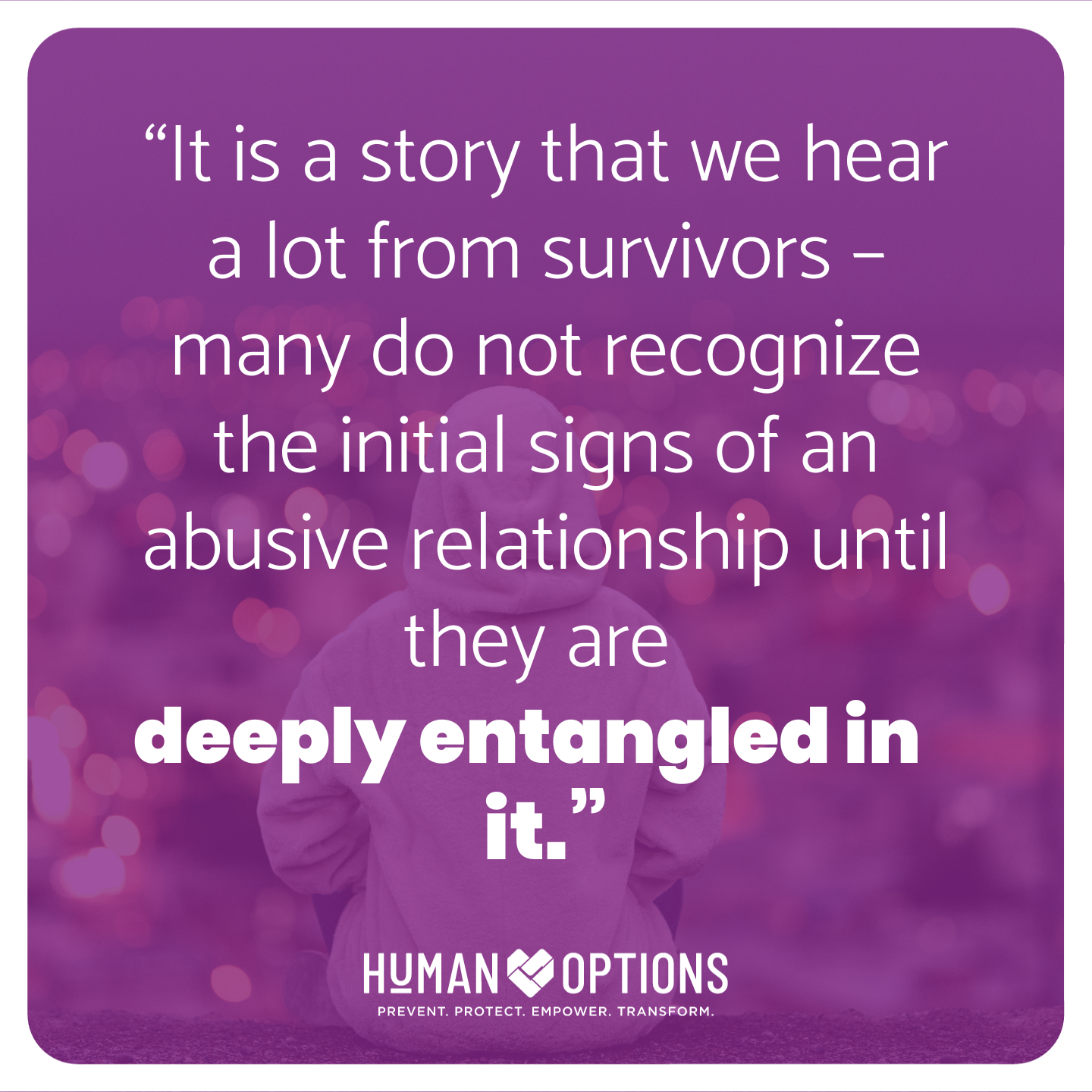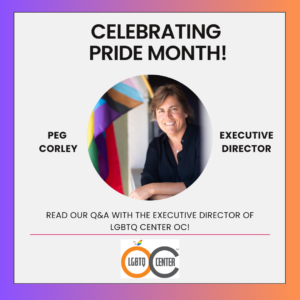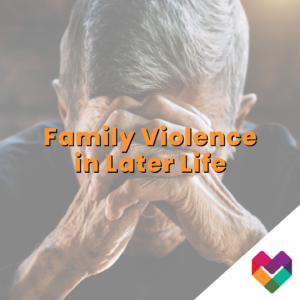By Jaquelin Ortiz Martinez, Interim Prevention & Community Education Coordinator
One can experience an abusive or toxic relationship without even realizing it, especially if they’re wearing metaphorical rose-colored glasses. In these situations, what might seem like every day “bumps in the road” can actually be major red flags.
Often abusive behaviors can be concealed, interpreted as normal conflicts in a healthy relationship. While one isolated incident might not be grounds to leave, such as a partner insisting that they order your meal for you at dinner. A pattern can emerge as a form of control. This one gesture may repeat itself in other forms, gradually a partner making more decisions.
It is a story that we hear a lot from survivors – many do not recognize the initial signs of an abusive relationship until they are deeply entangled in it. Even if a survivor attempts to end the relationship, their abusive partner uses methods of control to pull them back into the relationship, thus creating a cycle of violence. This cycle contains three different phases: the Honeymoon/Makeup phase, the Tension phase, and the Explosion phase. It can take a survivor several attempts to successfully leave an abusive relationship. Lets take a look at some red flags that might be indicative that you or someone you know is in an unhealthy relationship.
Ghosting: A popular term used with youth and teens, it is someone that cuts off all communication without explanation, hence them becoming a “ghost”. It is a clear breach of trust and if it happens more than once, it could be a sign you’re in an unhealthy relationship.
Love bombing: Someone telling you that they love you is not a red flag in itself, but if they tell you they love you early on, and shower you with intense emotions just days or weeks into a relationship – that’s a red flag. Love bombing is a form of manipulation used by abusers early on in a relationship to control their partner, making it incredibly difficult for them to leave a relationship. Even after a breakup, they may return with grand apologies, gifts and gestures to manipulate their way back into the relationship.
Kittenfishing: A newer term that people don’t often hear enough about. Kittenfishing is a milder form of catfishing and involves portraying oneself in an inauthentic way not true to one’s self. Examples of this are edited photos, lying about your age or height, or what they own. We’ve seen that this is becoming especially prominent in online dating.
Gaslighting: This is a buzzword that has gained traction online, which comes from the 1940 British film, Gaslight. For example, an abuser might flat-out deny any physical abuse happened. They might insist that their partner tripped, fell, or hurt themselves in another way. The victim starts believing this version of the truth. It is a form of extreme psychological manipulation because it involves having one’s reality repeatedly questioned by another, planting seeds of self-doubt into the victim.
Isolation: When your partner goes out of their way to control your time and actively discourages interactions with your friends and family. They may use excuses, such as “I just want to spend more time with you” or “you spend more time with them than me”. Over time, your connection to your family and friends dwindles, physically and emotionally isolating you. Moments with one’s partner are valuable and cherished, but they shouldn’t overshadow other relationships. It is healthy to spend time apart and enjoy the company of loved ones.
Pressure to have intimacy: A partner should not pressure you to be intimate. The feeling should be mutual! Pressure can be framed as forcing you prove your love for them, threatening to break up with you because you do not want to be intimate, or wearing you down by repeatedly asking. This can bring up feelings of guilt or shame. You should not have to feel forced to do so to keep a relationship going. Pushing you to be intimate is never a sign of love and trust.
Breadcrumbing: This happens when someone strings you along – offering tidbits, or “crumbs”, of emotional connection while having no genuine investment in the relationship.
These red flags disguise themselves as a desire for a deep connection, making it harder to identify whether one is in a healthy or abusive relationship. The manipulative behaviors defined above further blur the lines between love and abuse, continuing the cycle.
At Human Options we offer a 24/7 hotline where victims and survivors can speak with an empathetic caring advocate to help them navigate resources and validate their experience. Additionally, we offer our Personal Empowerment Program and counseling for more specialized support and strategies for coping with the effects abuse.
For more information call our hotline at 877-854-3594 or visit humanoptions.org.








